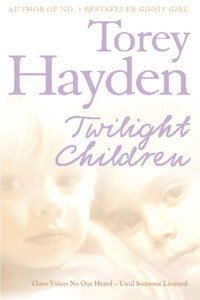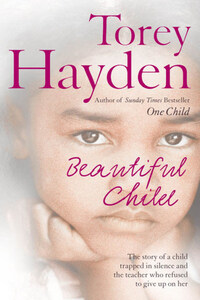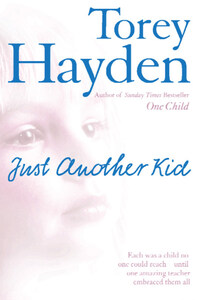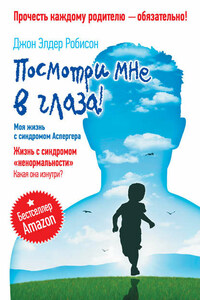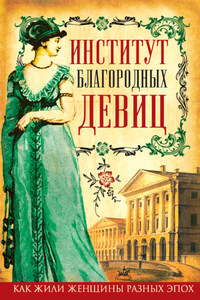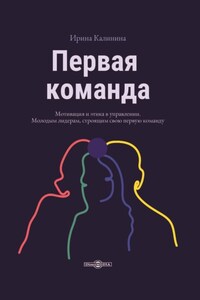She was a small, fine-boned girl with a pointed pixie chin and unusually distinct cheekbones. Her hair was a soft black, straight and shoulder length, but it had been rather raffishly cut, as if perhaps done by another child. Her eyes, however, defined her face. Enormous, protruding slightly, and fluidly dark, like shadowed water, they overpowered her other features. She wasn’t what I would call a pretty girl, but she was striking in a faintly unreal way, so that when she lifted her hand to push hair back from her face, I half expected to see elfin ears.
“Hello,” I said and pulled out the chair at the table.
She hunched forward, hands down between her knees so that her chin was almost on the tabletop. Her eyes, however, remained on me. She smiled in a manner that was rather self-conscious, yet friendly enough.
“What’s your name?” I asked.
“Cassandra.”
Ah, a mythical name. It fit the fairy-tale looks.
“How old you are, Cassandra?”
“Nine.”
“My name’s Torey, and you and I are going to be working together each day.” I pulled out a chair adjacent to hers and sat down. “Can you tell me why you’ve come to the unit?”
Her dark eyes locked on mine, and for a moment or two she stared intently, as if she expected to find the answer there. Then she shook her head faintly. “No.”
“What about your mom? What did she tell you about why you were coming here?”
“I don’t remember.”
“Okay,” I said. I bent down and opened my box of materials. Taking out plain paper and a smaller cardboard box, I laid them on the table. “Most of the children I work with come to the unit because they have problems that make them feel bad. Sometimes, for example, they have problems in their family. Maybe someone in the family is really unhappy and it makes them do hurtful things. Maybe there’s been a divorce. Maybe there’s lots of fighting at home. For some of the children who come here, it’s other things. Maybe they’ve been in an accident or a really scary situation, or they’ve been very ill. Some have been treated or touched in a way that felt wrong, or people tried to make them keep secrets that hurt. And sometimes … sometimes kids don’t even know the reason they have troubles. They just feel angry or worried or scared all the time. So these are some of the reasons children come to the unit.”
Cassandra watched me with unusual intensity, as if she were really trying to take in what I was saying, trying to absorb it, almost. Nonetheless, there was an oddly blank quality to her stare, almost as if she were listening so carefully not for the content of what I was saying but rather because I was speaking to her in a foreign language she didn’t quite understand.
“Hearing about reasons for other children coming to the unit,” I said, “do you think any of those describe you?”
“I don’t know.”
“Okay. Well, I’ll share with you some of the things other people have told me about you. You can then say if you think they are true or not.
“Your mom, for instance, tells me that you had a scary thing happen to you when you were five. She says that she is divorced from your dad and that you and your sister were supposed to live with her and not see him. Then one day your dad came to school and had you get into his car, even though that was against the rules. He drove off with you and wouldn’t bring you back, and he wouldn’t phone your mom to tell her that you were safe, and he wouldn’t let you phone your mom. She says you were gone a long time – about two years – and during the time you were with your dad, some very scary things happened to you. Is that right?”
Cassandra nodded. Her demeanor was pleasant, cheerful even, as if I’d said no more than “Your mom says you are in third grade.”
“Your teacher tells me that you like school, that you can be very enthusiastic about what is happening in class. She says you are quite a smart girl and can do really well sometimes.”
Cassandra smiled.
“But she also tells me that at other times you have lots of problems. You can get very angry and have a hard time following the rules. Occasionally when you are at school, you get
